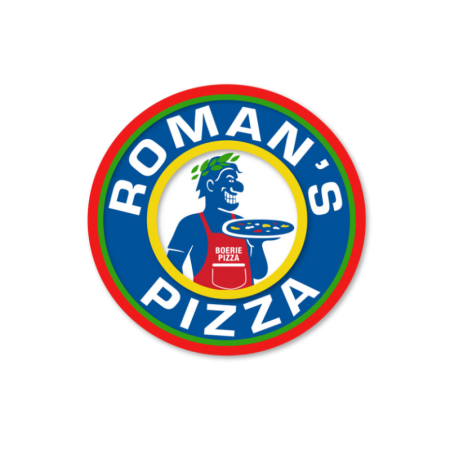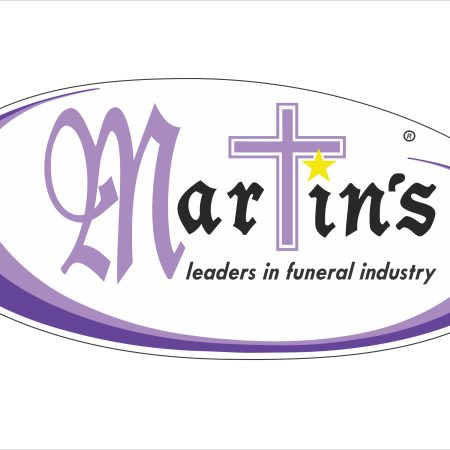Like many entrepreneurial-spirited individuals, I dreamed of having a part–time “side hustle”, providing me with a monthly income. Having no retail operational experience and working full-time in my Consulting business, it made sense to purchase an established brand and benefit from its proven business model. However, the experience of running a franchise is not without its challenges and valuable lessons. In this article, I will share my insights and reflections on my learning from owning a franchise.
Selecting the right franchise:
There are many franchise opportunities in various industries, but choosing the right franchise is critical to the success of your investment. Potential franchisees should conduct thorough research and due diligence on the brand reputation, target market, positioning in the market, the financial health of the franchisor and support systems. Furthermore, I learned that aligning my passion, skills and goals with the franchise’s values and business model is vital for long-term satisfaction and success.
Systems and Processes:
One of the significant reasons for buying a franchise business is to “stand on the shoulders of giants”, thus avoiding paying school fees on inefficient systems and adopting poor processes. I have learned that as an owner of a franchise, the owner must gain operational experience and knowledge of the systems and processes. Outsourcing the “know-how” solely to your store managers and team opens the door to undermining your authority and experiencing losses which you may only discover when it is too late. Therefore, it is the opinion that there is no replacement for spending time in your store.
Initial and Ongoing Training and Support:
Franchisors typically offer franchisees comprehensive training and ongoing support. I realized that using the franchisor’s ongoing training initiatives and operational support is essential to maintain high operational standards and motivating staff. An often-overlooked benefit of being part of a franchise is the value of knowledge share. Knowing how other franchisees approach local marketing and best practices and finding innovative solutions for business challenges have proven invaluable.
Knowing your store’s Key Performance Indicators (KPIs):
KPIs are those critical metrics you need to keep your eye on consistently. You can compare it to your body KPIs such as blood pressure or cholesterol; if it is not within the “normal” range, it signals an “alert”. The operations and finance support team will be able to guide you on the critical indicators to track daily, weekly, and monthly. When KPIs are outside the norm, I have learned that immediate attention and correction will save you in the long run.
Reporting dashboards for KPI tracking:
Joining a franchise group with a sound backend system and straightforward reporting to track those critical KPIs is immensely valuable. Throughout my career as a Business Consultant, I am still surprised that many businesses do not have a one-view KPI dashboard for franchisees. Many groups still depend on manual PDF and Excel reports extracted from the system, viewing a single KPI at a time. Even if the franchise group does not have dashboard reporting capability on their existing backend systems, many low-cost reporting platforms like PowerBI and Tableau exist. Integrating backend data onto such platforms with visual dashboards saves franchisees time. It is a powerful management tool for the franchisee. Automated and more robust reporting capabilities will be a future distinguishing value proposition for franchise groups.
Importance of Recruitment and Building a Strong Team:
Recruiting and retaining performing staff members is much more challenging than I thought. When I engage with other franchisees, they often comment that managing staff is the most challenging aspect of being a business owner. Although all industries and sizes of businesses have challenges with staff, I found this especially difficult in the case where the business model is built predominantly on entry-level staff, thus earning minimum wage. The cost of appointing the wrong person is usually higher than you think. Therefore, following up on references, criminal record checks, and a thorough interview process are essential in recruitment. Franchisor guidance and assistance through the minefield of recruitment is a great benefit. Once you find those employees that have proven to be gems, the challenge is to retain them. Use a clear growth path and consistent training to give employees a sense of meaning and belonging. A motivated team not only enhances productivity but also contributes to the overall success of the franchise.
In summary, owning a franchise has been a challenging but exciting journey. The lessons learned, and the growth I experienced as a person and entrepreneur has been immense. It is now clear to me why franchisors often insist on the owner-operator model. Owning a franchise is not only a monetary investment, but a substantial amount of time and effort will go into the business as part of the journey to success, even if it is a “small” franchise. It has been challenging but extremely rewarding, from selecting the right franchise and following established systems, continued learning and involvement in the business, and selecting and fostering a strong team.
Article contributed by Andre Annandale. He is a market research specialist and data analytics expert. Andre founded Research Matrix, a reputable research and analytics firm that provides cutting-edge solutions to businesses across different sectors. Throughout his career, he has helped numerous companies make data-driven decisions that have significantly improved their operations and overall business performance. He also owns a well-known fast-food franchise, living out his passion for retail.










